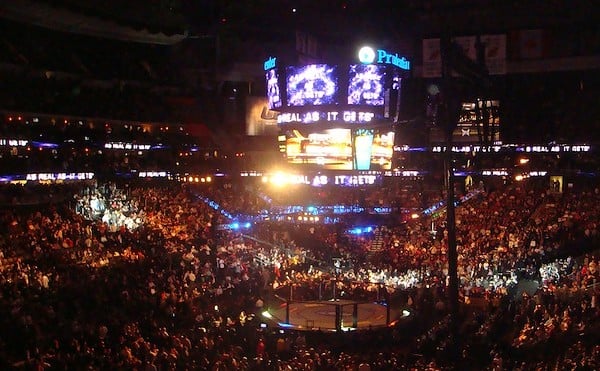The grand Notre Dame Cathedral was falling apart long before the fire, but France had trouble raising enough for the restoration: only a third of what was needed.
Yet, within two days of the fire, over 1 billion euro was donated to rebuild Notre Dame, including 600 million euro from just four companies and families.
It took a fire that nearly destroyed an 859-year-old building to convince the French they needed to invest in saving and restoring the iconic structure.
Perhaps, Louisville will have to burn down, metaphorically, of course, before the Metro Council — and state — realize we should be investing in our city, not cutting services.
Mayor Greg Fischer is scheduled to reveal his spending plan Thursday, April 25, and it will undoubtably include the $35 million cuts that he warned would occur if the Metro Council did not pass a relatively small tax.
Maybe once things go bad here in Possibility City, SCALA, the secret-ish society of Louisville elite, will reappear and donate enough money to save and restore the city.
After all, it’s the über elite who have benefited most from this era of Louisville’s economic prosperity.
Since the low point of the Great Recession, Louisville’s economy has grown by over $20 billion, or about 43%. What’s the city’s share? In the years of uninterrupted growth since that point (2009-2010), the city’s budget has grown by $62 million: about what the Metro Council will have to cut over the next few years to balance the budget, unless it reconsiders raising taxes.
There’s no denying that parts of Louisville have undergone tremendous revitalization over the last decade. The skyline has changed with the addition of the Omni Hotel; Whiskey Row has been rejuvenated with crowds of diners, shoppers and tourists; and preserved facades of historic buildings now glow in the lights of new business.
Property values have recovered... for those who own property.
Unemployment, an important measure of progress, is better: from a high of almost 12% in 2010 to under 4% today, according to the Bureau of Labor Statistics.
But wages are up only slightly... with the majority of growth going to the top 1%, and even more-so to the top 0.1%.
What good is growth if the prosperity isn’t more widely felt? More important, if we’re cutting budgets after a decade of growth, what will Louisville’s budget look like when the economy slows or another recession hits?
Closing public pools won’t affect the wealthy... they have pools at their clubs and in their backyards; privatizing the Louisville Zoo and public parks won’t make them more accessible to those whose wages are seeing only modest growth; and eliminating groups that work to stem violence in neighborhoods won’t make The West End safer.
And then there is talk of eliminating Brightside and other quality-of-life organizations that make our city a better place to live and visit.
But, after a decade of economic prosperity, 15 members of the Metro Council have decided that we shouldn’t spend more on public services than we did a decade ago, despite a growing economy and population.
What will they suggest during the next recession?
The fire at Notre Dame made the French realize how much their cathedral meant to them.
Louisville city officials who seek to cut $35 million from the budget should heed this message:
Don’t let the city burn down before you realize you should be rebuilding it instead.






